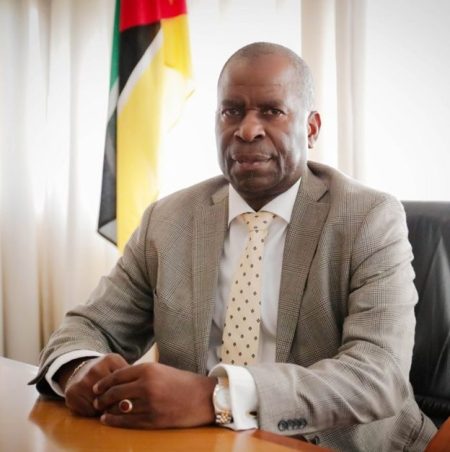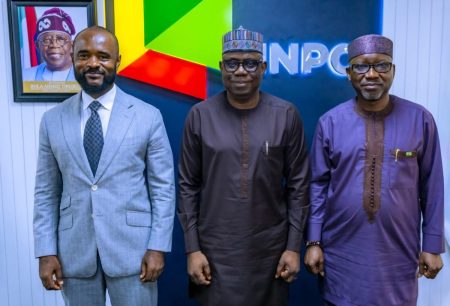15 November 2011, Sweetcrude, Lagos – About 1.230 million metric tonnes of Liquefied Petroleum Gas (LPG) or cooking gas await potential investors in Nigeria.
Managing Director, Pipelines and Products Marketing Company (PPMC), Mr. Haruna Momoh, dropped this hint at the first Nigeria Liquefied Petroleum Gas Association (NLPGA) conference in Lagos.
He said the market for LPG will continue to expand as a result of increased awareness on LPG as an efficient energy source.
The PPMC boss added that with a population of about 150 million people, it means 9 million households consume a minimum of 150 kilograms per annum, which translates to about 1.350 million metric tonnes per annum.
“In view of the total consumption in the country of about 120,000 metric tonnes last year ending, we are left with a market balance of about 1.230 million metric ton per annum awaiting potential investors.”
Nigeria’s LPG market is estimated to have a potential of over N37 billion per annum, with 50 per cent rate of return on investment, he said.
Momoh argued that there is a substantial untapped LPG market in Nigeria, as the country consumes 0.48 kilogram per capita per annum compared with Cameroon, Cote d’Ivoire, Ghana and Senegal with a combined average of 3.7 kilogram per capita per annum.
He also noted that Nigeria’s demand for LPG grew rapidly from 34,000 metric tonnes in 1980, to about 129,000MT in 1990, and that a decade of instability in the sector and recurrent scarcity of the product led to the decline in consumption and subsequent discarding of gas cylinders and the adoption of kerosene and firewood as domestic fuel
“Our LPG market is limited basically by availability of cylinder/accessories and distribution infrastructure. We have the gas in abundance. We all have a stake in moving this sector forward, robustly and aggressively, in the shortest possible time. Time is of essence in this matter for numerous and obvious reasons”.
Momoh, therefore, called on the government, private sector, the regulatory authorities and other stakeholders to collaborate in articulating robust policies and ensure a level playing ground in the sector.
Nigeria is the eight largest oil producing country in the world with proven gas reserves of about 187 trillion cubic feet (tcf) and 600tcf of potential gas reserves. Natural gas and its derivatives like LPG are yet to maximally impact on the Nigerian economy.




